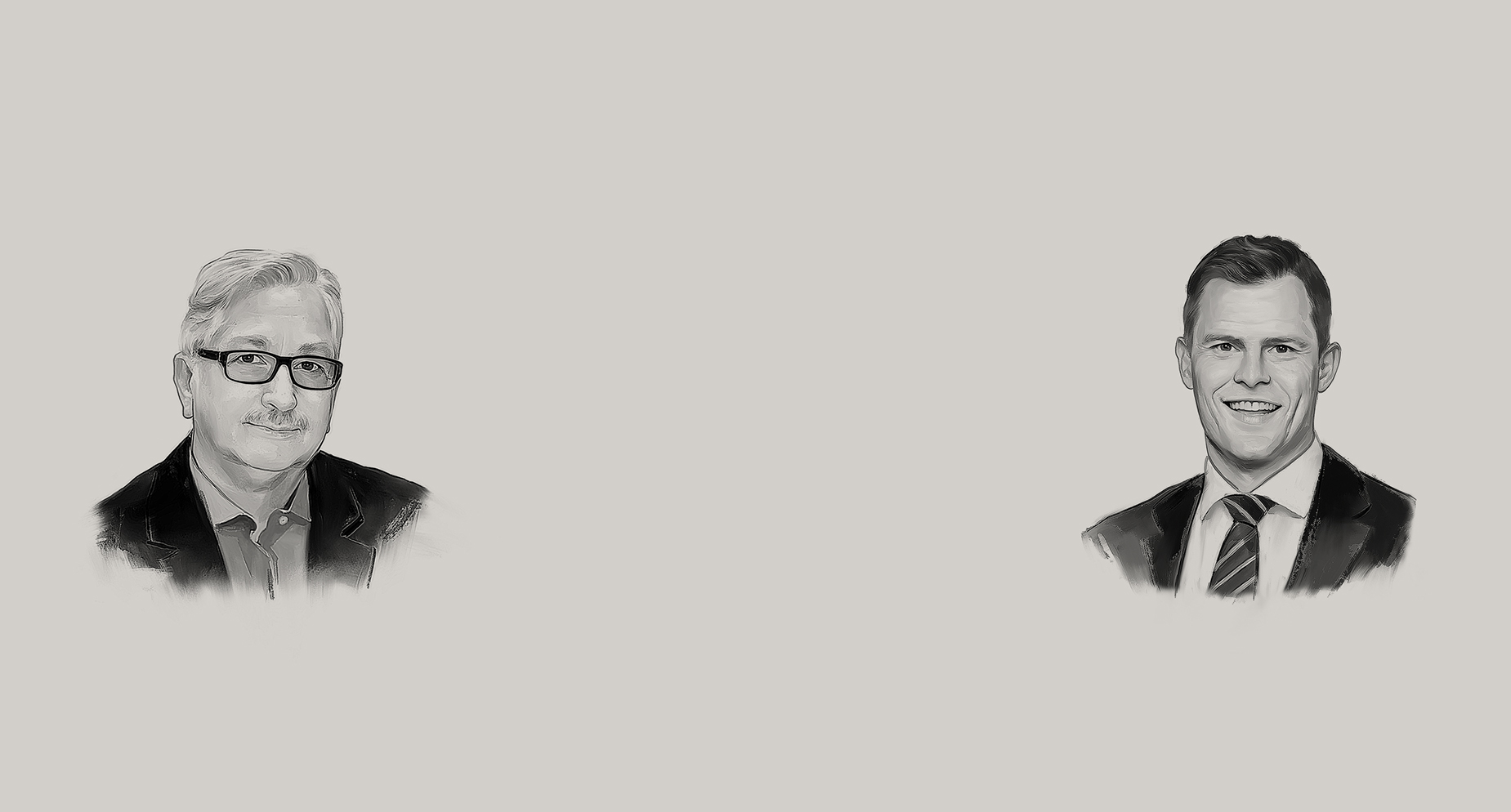
People // May 2023
Leading the Way
One Hundred and One talks to former Australian rules footballer and entrepreneur Luke Darcy, and psychologist and world authority on lateral thinking, Dr. Michael Hewitt-Gleeson about the power of conscious leadership to propel businesses forward gently and meaningfully.
Share this on LinkedIn, Twitter
Dr. Michael Hewitt-Gleeson, Co-Founder, School of Thinking | Luke Darcy, Former Australian rules footballer and entrepreneur
"What is conscious leadership and how can it transform businesses?"
![]()
For those not familiar with your work, tell us a bit about yourselves.
What is conscious leadership?
Is this a relatively new phenomenon? What has led us here and how has conscious leadership shifted the leadership paradigm?
To what extent is conscious leadership a synonym for mindfulness?
What are the benefits of conscious leadership?
What steps can people take to be conscious leaders?
What three qualities do conscious leaders have?
What’s the single biggest obstacle to embedding conscious leadership?
What leaders do you look up to and why?
What impact can conscious leaders have on businesses? Do you have any real-world examples you can share?